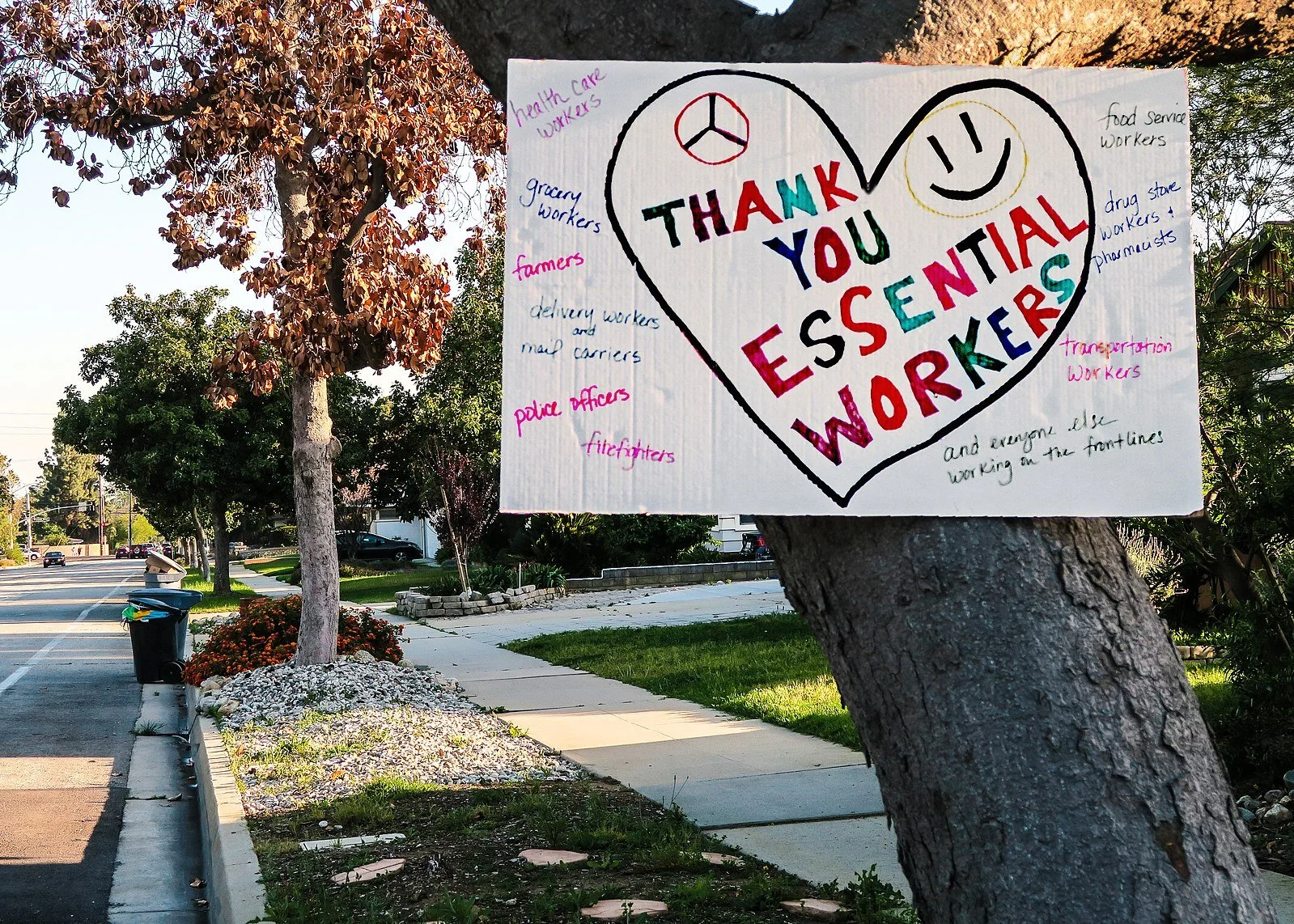Scottish Independence could help to secure the future of humanity – here’s how
Exactly 10 years ago, the Scottish Affairs Committee of the House of Commons published a report which suggested that a vote for independence by the Scottish people could force the UK to unilaterally disarm its nuclear weapon systems – commonly known as Trident. Does this suggestion still hold today, even in light of the ‘no’ vote victory in the 2014 referendum?
The UK is a signatory to the Nuclear Non-Proliferation Treaty (NPT) – an international agreement that aims to prevent the spread of nuclear weapons. Although the treaty does not establish any timetable for disarmament, Article VI does highlight the obligation of every signatory, even those recognised as ‘nuclear weapons states’, to ‘liquidate their nuclear stockpiles and pursue complete disarmament’.
In defiance of this obligation, however, the UK is continuing to increase and advance its nuclear weapons stockpile, citing increased security threats as justification for doing so. Despite the existence of a self-imposed limit on its nuclear arsenal, the UK recently announced an increase of the cap on its stockpile from 225 to 260 warheads in what can only be seen as a dramatic U-turn. Not only was the move financially unjustifiable, but it was also based on a misinterpretation of the current state of the international system, since modern threats, like the Taliban and Al Qaeda, require a markedly different response than one that would guarantee the extermination of entire regions. Therefore, they cannot be deterred by nuclear weapons.
Ultimately, in reversing decades of reductions, the UK has not only dented the credibility of the NPT, but has threatened the stability of the global non-proliferation regime as a whole by increasing the likelihood that other states will follow suit. Although the decision was justified by the fact that it will supposedly help to protect the people of the UK from the threats posed by ‘major nuclear armed states, emerging nuclear states, and state-sponsored nuclear terrorism’, a deep irony exists in the fact that the decision was not made in consultation with those that it will affect most – the Scottish people.
Regardless of whether or not the UK’s nuclear deterrent contributes to Scotland’s security, and regardless of whether deterring ‘the most extreme threats’ to the UK’s national security and way of life ‘cannot be done by other means’, as the UK government argues, Scottish people are, for the most part, fundamentally opposed to nuclear weapons being on their soil, with 58 of Scotland’s 59 MPs voting against the decision to renew the Trident nuclear weapons system in 2016.
Not only do Scottish politicians oppose nuclear weapons, but there exists a long history of anti-nuclear campaigns in Scotland. For example, the Faslane peace camp is a group of permanent protestors who occupy territory at the naval base where the weapons are stored. Although they primarily use peaceful methods, they have, on occasion, breached the security of the base and organised large public blockades, which are significantly disruptive. They often work with the Campaign for Nuclear Disarmament (CND), an organisation that advocates unilateral disarmament by the United Kingdom.
Nonetheless, the future is looking promising for anti-nuclear campaigners and Scottish politicians alike. Since the current position of the SNP is the immediate removal of nuclear weapons from the Clyde as soon as possible after independence, Trident would likely be forced overseas if Scotland voted ‘yes’ because there exists no alternative port immediately available elsewhere in the UK to store the weapons. Although some have argued that, in the case of a ‘yes’ vote, Faslane, the naval base where the weapons are stored, would be leased out to the UK by an independent Scotland, it is extremely unlikely that the UK would want its entire nuclear arsenal to be surrounded and secured by the sovereign territory of another state, not to mention an actively anti-nuclear one. In many ways, moving the weapons system overseas is also out of the question. As the CND make clear, the very idea that the UK’s nuclear weapons are a force that is independent from foreign control is what gives those weapons value as a symbol of greatness. Although this is a myth, since Faslane only keeps 12 months’ supply of certain key missile components, the very thought of this dependence being brought to the fore if the fleet was based overseas is undoubtedly enough to deter the UK government from even considering this as an option.
It is clear, then, that, in the case of a ‘yes’ vote, the UK would have no viable option but to disarm.
Because of the high possibility of this happening in the not-too-distant future, it is important to consider the international implications of such an occurrence. At the moment, under the terms of the NPT, there are 5 recognised nuclear weapons states (NWS), of which the UK is one. In the event that the UK disarmed, global disarmament efforts might be given that extra push. Over time, it is possible that other NWS, like France, might see the promise in disarming, or at least face immense domestic pressure to do so. In this way, it is possible that the ‘death knell’ for Britain’s nuclear weapons that the CND have predicted will sound in the event of a ‘yes’ vote to independence could be heard far beyond Britain’s shores.
In terms of a timescale, it has been suggested that nuclear weapons in Scotland could be disarmed within days, and removed within months. If a ‘yes’ vote is secured, then, the process of disarmament is likely to be speedy, as long as the navy and the UK government cooperate. We can therefore expect a similar timescale for the international fallout.
Before we can even begin to think about the promise of Scottish independence for the nuclear disarmament movement, however, we need to be clear about where we currently stand. Scotland voted against independence in 2014 and has been denied another referendum. For now, the next step for the UK’s disarmament campaigners is to put all their energy, time, and resources into pressurising UK government to grant Scotland its second referendum. After all, given that they were taken out of the EU against their will, with 62% of Scottish voters casting their ballots in favour of Remain, they are more than entitled to it.
Image courtesy of Lorna M Campbell via Wikimedia, ©2019, some rights reserved.
The views and opinions expressed in this article are those of the author and do not necessarily reflect those of the wider St. Andrews Foreign Affairs Review team.



